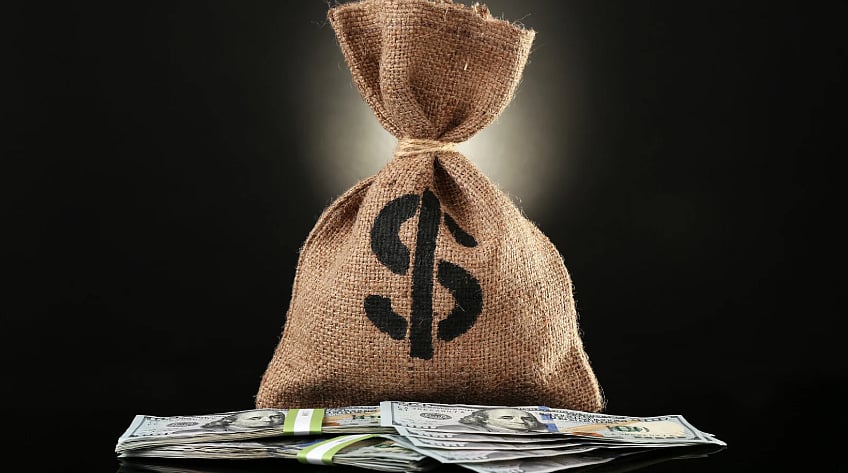Twitter plans to offer Elon Musk access to its "firehose" of raw data on hundreds of millions of daily tweets in an effort to push forward the Tesla billionaire's agreed-to $44 billion acquisition of the social media platform, according to multiple news reports.
Lawyers involved in the deal would not confirm the data sharing agreement. Musk made no comment on Twitter, although he has previously been vocal about various aspects of the deal. Twitter declined to confirm the reports and pointed to a Monday statement in which the company said it is continuing to "cooperatively" share information with Musk.
Musk, who struck a legally binding agreement to buy Twitter in April, contends that the deal can't proceed unless the company provides more information about the prevalence of fake accounts on its platform. He has argued, without presenting evidence, that Twitter has significantly underestimated the number of these "spam bots" -- automated accounts that typically promote scams and misinformation — on its service.
On Monday, Texas Attorney General Ken Paxton also announced an investigation into Twitter for allegedly failing to disclose the extent of its spam bot and fake accounts, saying his office would look into "potential false reporting" of bots on Twitter.
The Washington Post first reported Twitter's plan to provide Musk with full access to the firehose, citing a person familiar with the matter. Other reports suggested the billionaire might only receive partial access.
Twitter's reported offer could blunt Musk's attempts to use the spam bot issue to cast doubt on the deal's future. This week, lawyers for Musk accused the company of refusing to surrender information about the true number of bot accounts on Twitter. Mike Ringler, the Palo Alto, California, attorney who signed that Monday letter, told the AP he was not at liberty to speak about the matter when reached Wednesday afternoon.
Fake social media accounts have been problematic for years. Advertisers rely on the number of users provided by social media platforms to determine where they will spend money. Spam bots are also used to amplify messages and spread disinformation. The problem of fake accounts is well-known to Twitter and its investors. The company has disclosed its bot estimates to the US Securities and Exchange Commission for years, while also cautioning that its estimate might be too low.
Twitter CEO Parag Agrawal has said that Twitter has consistently estimated that fewer than 5% of its accounts are spam. But Musk has disputed that figure, contending in a May tweet — without evidence — that 20% or more of Twitter's accounts are bogus.










